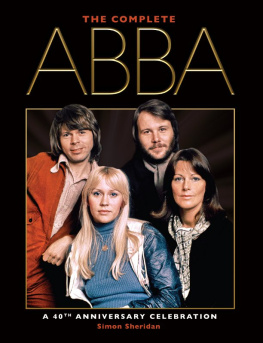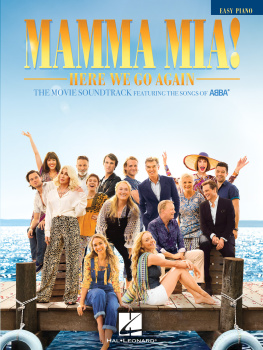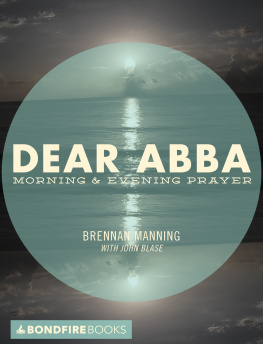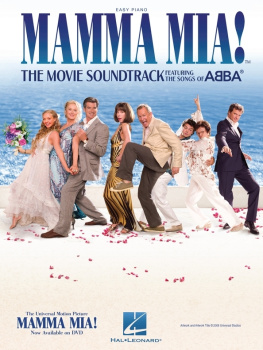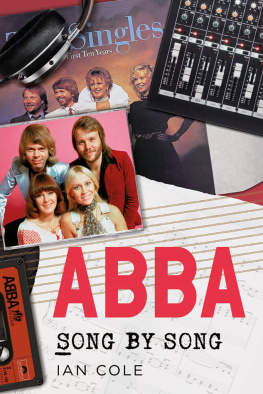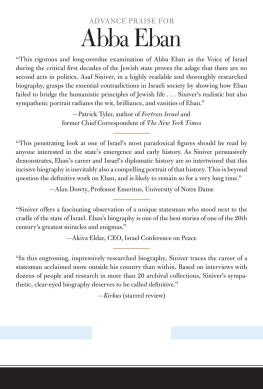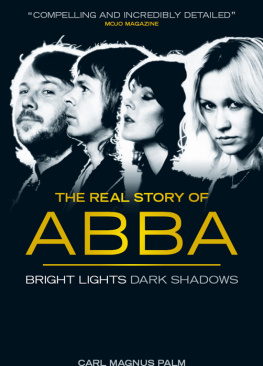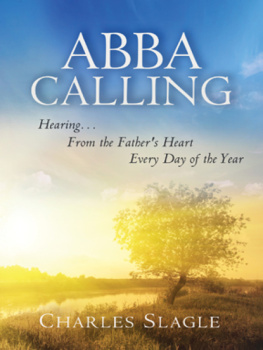
THE COMPLETE
ABBA
SIMON SHERIDAN
TITAN BOOKS
For Charlotte Watts and Katie Holt
lets hit the discothque again!
THE COMPLETE ABBA
ISBN: 9781781164983
Published by Titan Books
A division of Titan Publishing Group Ltd.
144 Southwark St, London SE1 0UP
This edition: April 2012
1 3 5 7 9 10 8 6 4 2
The Complete Abba copyright 2009, 2012 Simon Sheridan.
First published in the UK 2009. This revised and updated edition 2012.
This edition based on original designs by James King (interiors) and Peri Godbold (cover).
No part of this publication may be reproduced, stored in a retrieval system, or transmitted, in any form or by any means without the prior written permission of the publisher, nor be otherwise circulated in any form of binding or cover other than that in which it is published and without a similar condition being imposed on the subsequent purchaser.
A CIP catalogue record for this title is available from the British Library.
Printed in Italy
Did you enjoy this book? We love to hear from our readers. Please e-mail us at:or write to Reader Feedback at the above address.
To receive advance information, news, competitions, and exclusive offers online, please sign up for the Titan newsletter on our website:www.titanbooks.com
ACKNOWLEDGEMENTS
As always I couldnt have done any of this without support from Mark Powell and the love of my family and friends. Thanks also to Peri Godbold, Alistair McGown, Suzy Mandel, Jan Manthey, Denise de Martino, James Blair, Matt Popp, Graeme Dempsey, Robert Vickers, Martin Hooper and Sara Russell. Special thanks to Katy Wild and Adam Newell and the wonderful team at Titan Books.
All photographs Getty Images.
We only write for ourselves. We write songs that we would like to hear.
BJRN ULVAEUS
(OCTOBER 1980)
DISCLAIMER: This book is written from a primarily British perspective and the opinions within these pages are those of the author only. They do not necessarily represent the views of Bjrn, Benny, Agnetha or Frida. Additionally, this book does not catalogue the hundreds of ABBA television, radio and press interviews, nor TV music performances, unofficial documentaries, biographies, bootleg tracks or remixes.
INTRODUCTION
I n June 2009 concert promoters AEG Live were left with a big problem how to fill 50 empty dates at Londons O2 Arena after the premature death of pop superstar Michael Jackson. The O2, officially the worlds busiest arena, has a seating capacity of 23,000 and only a select few acts can be assured of filling it. Scrambling around for replacements, Madonna, Bruce Springsteen and The Rolling Stones were all mentioned, but then another name came into the frame: ABBA. British tabloid The Sun alleged that the Swedish supergroup had been approached by the venues promoters to reunite for a mega-bucks deal. Within hours chat-rooms and bloggers around the world were buzzing with the announcement. Even television and radio news reported the story, but, unsurprisingly, it wasnt true. No-ones asked us and if they did we wouldnt say yes, Benny Andersson told the BBC. Its really a treat for the ABBA audience that were not doing that, you know, because they would regret it immensely, as would we. Then he tantalisingly added, but never say never.
The fact that, for the umpteenth time, another rumour about the reformation of the worlds most popular pop band still managed to generate such worldwide interest is testament to ABBAs incredible mystique. This is the band that famously never came back after breaking-up in 1982, yet still remains a bona fide musical phenomenon. With sales of 370 million albums so far and their hits playing nightly on stage in virtually every capital city worldwide they have emerged a bigger global pop brand than even The Beatles. No longer is Dancing Queen just frozen in time in a glamorous 1976 Stockholm discothque, wall-to-wall with beautiful clubbers, dripping in pearls of sweat. There is something far bigger going on. ABBAs music has transcended nostalgia and is still resolutely contemporary, even decades after the group first originated pop clichs with glossy harmonies, luscious orchestration and smooth melancholic vocals. Their fearlessly catchy lyrics, mocked by lesser songwriters as merely flippant back in the seventies, are now universally celebrated. Bjrn Ulvaeus and Benny Andersson are arguably pops greatest partnership since Lennon and McCartney and their beautiful, dreamlike compositions continue to captivate and enthral. The uninhibited girl on the dancefloor in Dancing Queen still exists, so does the abandoned lover in The Winner Takes It All, and even more frivolous work like SOS still has the power to dazzle. Since 1992, and the release of the astoundingly successful ABBA Gold compilation, the group has been re-assessed and embraced by a younger generation of musicians. That same year Bjrn and Benny were invited on-stage by U2 to perform Dancing Queen during one of the rock bands gigs in Stockholm. As a teenager I wanted to behead them, but later I came to love them, confessed Bono.
The release of ABBA Gold, the proliferation of tribute acts and the global dominance of the musical Mamma Mia! on both stage and screen has created an almost-insatiable hunger for all things ABBA. And the public if the newspapers are to be believed want the band back. But Bjrn told The Sunday Telegraph that ABBA would never reform, not even for a night. We would like people to remember us as we were, young, exuberant and full of ambition. There is simply no motivation to regroup, he said. I remember Robert Plant saying that Led Zeppelin were a covers band now because they cover all their own stuff. I think that hit the nail on the head!
But even if the group arent going on tour again any time soon, ABBA are still, alongside Volvo cars and IKEA flat-pack furniture, Swedens biggest brand-name. But, in fact, only three of the members actually hail from Sweden. Bjrn Ulvaeus (born 25 April 1945 in Gothenburg), Anni-Frid Lyngstad (born in Ballangen, Norway on 15 November 1946), Benny Andersson (born 16 December 1946 in Stockholm) and Agnetha Fltskog (born 5 April 1950 in Jnkping) all had very different upbringings, but all came together through their love of song. Illegitimate Anni-Frid, better known as Frida, moved across the border to the outskirts of Eskilstuna in Sweden when she was just 18-months-old and was raised by her maternal grandmother. Her father was a German soldier and the Lyngstad family feared reprisals from Norwegians angry with those who had fraternized with Nazis during the occupation. All four future ABBA members had music in their formative lives. Agnetha wrote her first song when she was aged just five, Frida made her stage debut in a concert at 11 and Benny and Bjrn were heavily influenced by their fathers respectively accordion and mandolin players. As teenagers they all found varying degrees of solo success, but as a quartet in their twenties and thirties they were virtually unstoppable.
Bjrn Ulvaeus was the first to find pop fame with his band The Hootenanny Singers (What a silly name that is! Sounds so stupid! he once admitted), a four-piece folk-cum-skiffle-cum-country outfit. An unlikely-looking bunch of proto-pop idols, their homely, reassuring music nevertheless touched a nerve with the Swedish record-buying public. The group enjoyed their first big hit single in 1964 and built up a loyal following from TV appearances and performing at Swedens numerous
Next page
